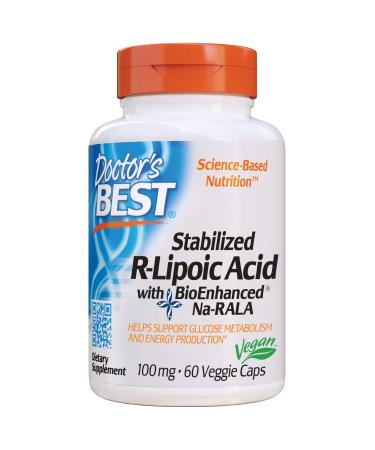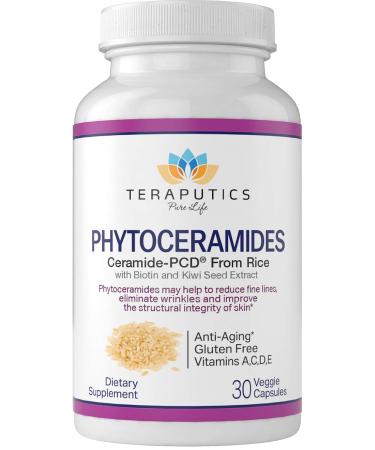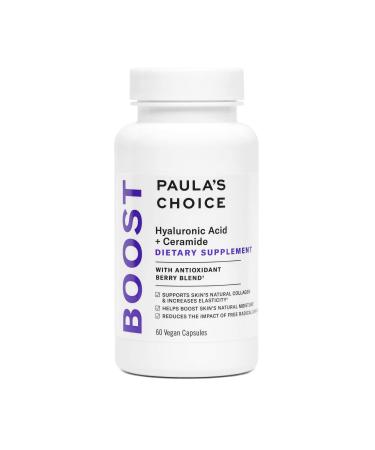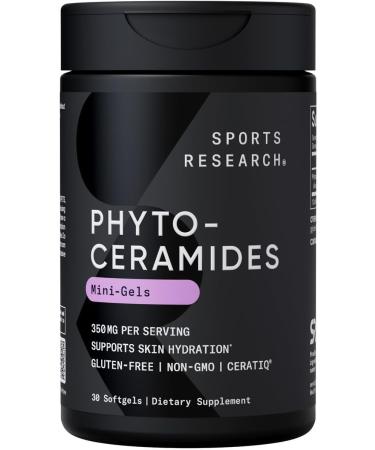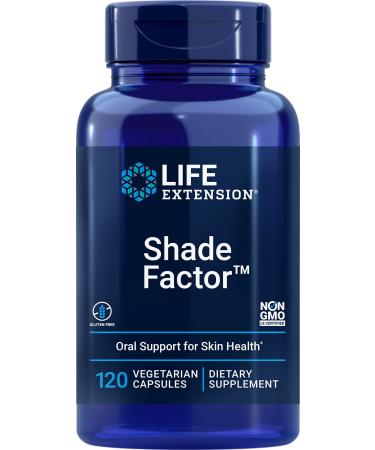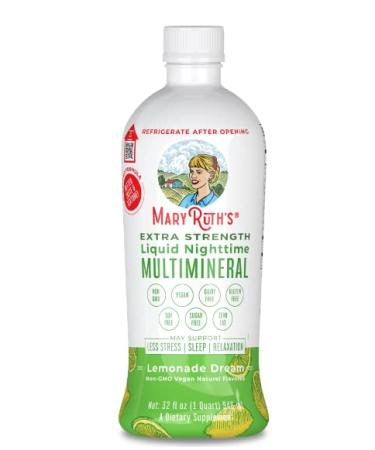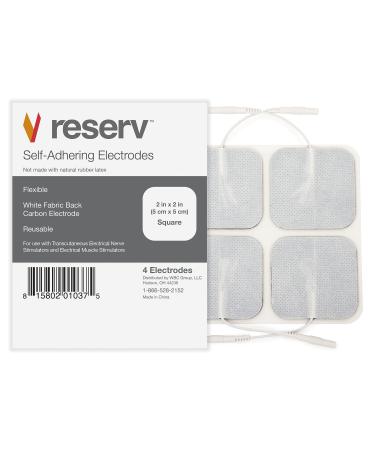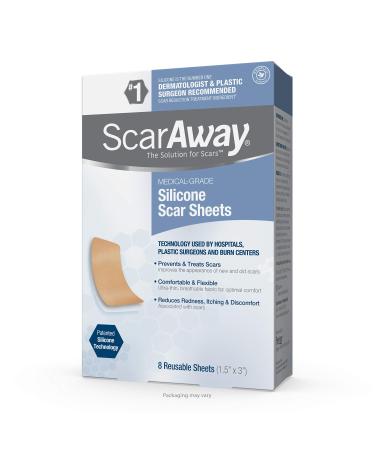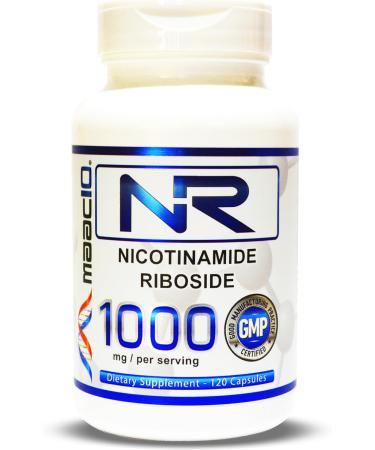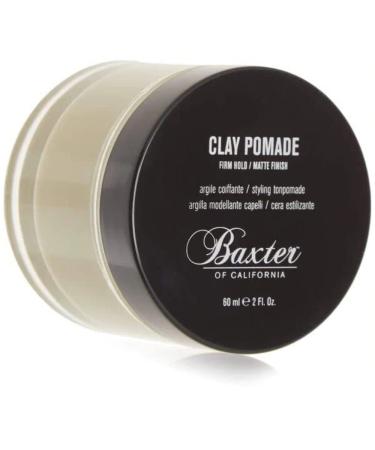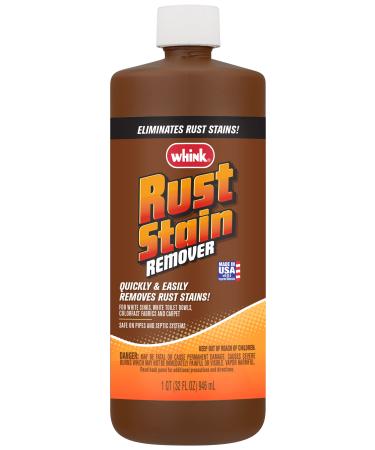A diet lacking certain nutrients may also result in reduced skin ceramide levels but can be increased through supplementation. Doctor's Best Beauty Ceramides contain CeraLOK, 100% rice phytoceramides and natural astaxanthin that help support healthy skin from within.* This potent combination helps improve skin moisture, smoothness and reduces skin roughness.*
CeraLOK has been shown to reduce skin dryness and scaling. Astaxanthin is a potent antioxidant that helps minimize collagen degradation from UV sun exposure, protecting skin from the inside out.*
CLINICALSTUDIES
In one study researchers assessed the quantity of skin ceramidesin atopic dermatitis. Stratum corneum tissue was removed from human forearm skin with cyanoacrylate resin and placed in hexane/ethanol extraction to yield stratum corneum lipids. Ceramides were quantified by thin-layer chromatography and calculated as microgram/mg stratumcorneum. In the forearm skin of healthy individuals (n = 65), total ceramide content significantly declined with increasing age. In atopic dermatitis (n = 32-35), there was a marked ceramide reduction in lesional forearm skin compared to healthy individuals of the same age. Interestingly, non-lesional skin also exhibited a similar and significant decrease of ceramides. Among six ceramide fractions, ceramide was significantly reduced in both lesional and non-lesional skin. The researchers concluded that their findings suggest that insufficiency of ceramides in the stratum corneum is an etiologic factor in atopic dry skin.1
A similar study analyzed the relationship between epidermal lipids and barrier impairment in patients with atopic dermatitis. The quantity of ceramides in 47 patients with atopic dermatitis and 20 age- and sex-matched, healthy subjects was assessed by cyanoacrylate stripping and thin layer chromatography. In patients with atopic dermatitis, ceramide 1 and 3 levels were significantly lower compared to healthy subjects. By contrast, patients with no active signs of atopic dermatitis had a normal barrier function and intermediate values of ceramides compared to patients with atopic dermatitis with active lesions and normal subjects. The quantity of ceramide 3 was significantly correlated with transepidermal water loss impairment. This indicates that a ceramide decrease in the stratum corneum is involved with barrier impairment in atopic dermatitis. The study concluded that their findings confirm those of other authors and support the view that impaired metabolism of ceramides may cause dry skin and impaired barrier function in atopic dermatitis.2
A separate placebo-controlled, double-blind oral supplementation study of rice ceramides included 33 subjects with rough, dry skin. After six weeks of supplementation with rice ceramides at 40 mg/day subjects were analyzed for results. Dermatological analysis revealed that oral supplementation with rice ceramides significantly reduced dryness and itchiness. Water measurement showed that rice ceramides significantly increased skin moisture content. Microscopic, three-dimensional analysis of the skin revealed that rice ceramide supplementation improves skin smoothness, exfoliation and texture. The researchers concluded that long-term ingestion of rice ceramides is effective for skin moisture retention and smoothness and is, thus, an effective skin-beautifying supplement.3This study was repeated and the results were confirmed in a separate clinical trial in 2012.4
Relative levels of ceramide 1 linoleate were also depleted in winter and in aged skin, whereas ceramide 1 oleate levels increased. The researchers concluded that decreased mass levels of intercellular lipids and altered ratios of fatty acids esterified to ceramide 1 likely contribute to increased susceptibility of aged skin, perturbation of barrier function and xerosis, particularly during winter months.5
Another study analyzed levels and composition of ceramides, cholesterol, fatty acids and stratum corneum lipids collected from tape strippings at three body sites (face, hand and leg) of different age female Caucasians. Also, the influence of seasonal variation on lipid composition of stratum corneum from the same body sites was studied. The main lipid species were quantified using high-performance, thin-layer chromatography and individual fatty acids were quantified using gas chromatography. The researchers found significantly decreased levels of all major lipid species, in particular ceramides, with increasing age. Similarly, stratum corneum lipid levels of all body sites examined were dramatically depleted in winter compared with spring and summer.




